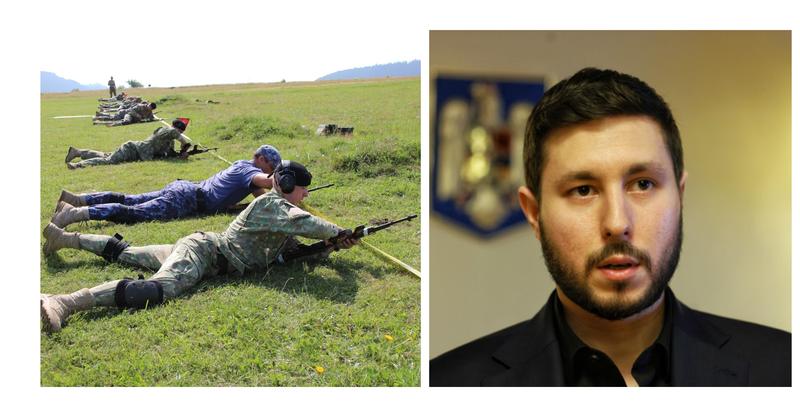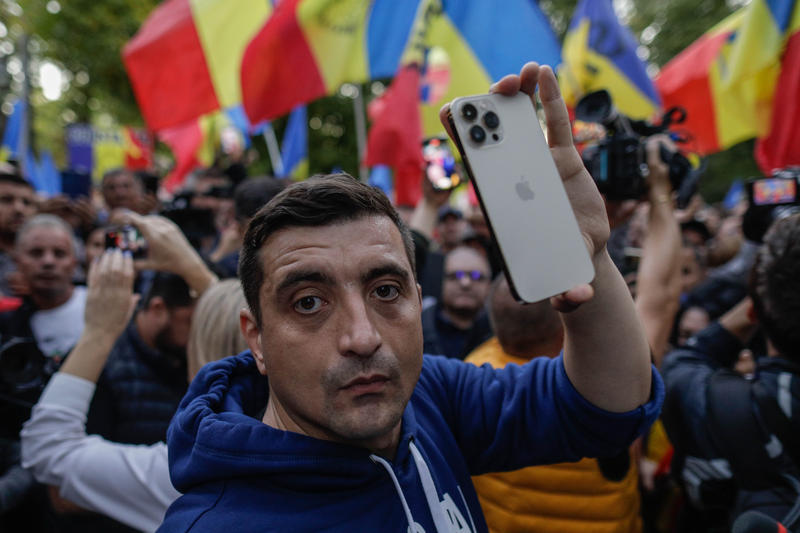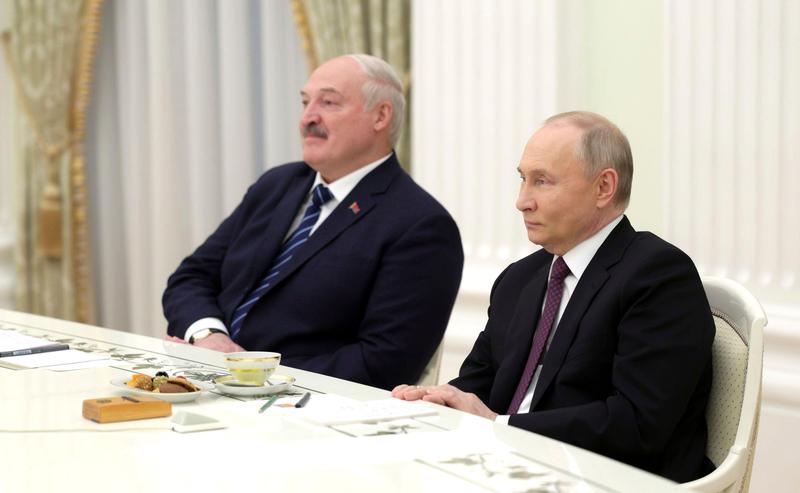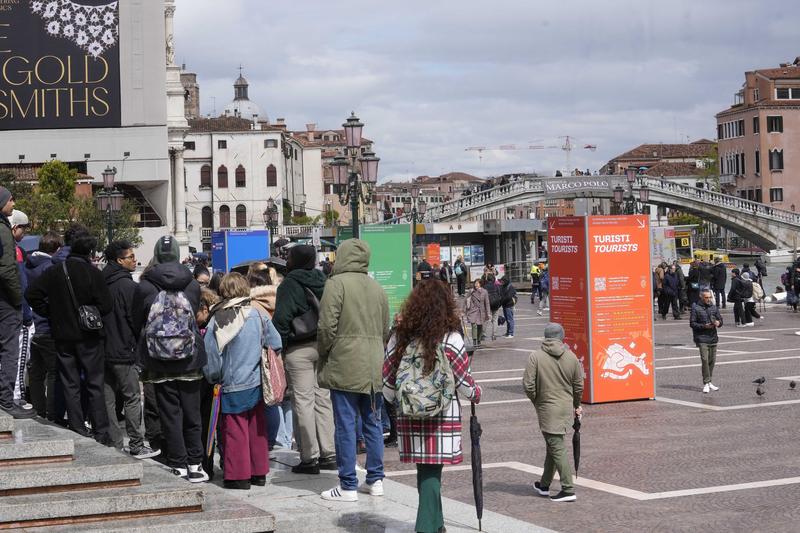Romania’s become "global intelligence leader", the country of all services. Elsewhere in the news, retirement meant to cover unemployment, moving money from pensions to cover budget holes, the low retirement ages and the "shameless pensions" have thrown the system into bankruptcy. Last but not least, the Romanian LibDem Party (PDL) is a springboard for ex-Securitate members.
We've become "global intelligence leaders", the country of all services, Gandul reads. In contrast to the US and Great Britain, Romania's got a classified number of secret agents. According to SIE (Romanian Foreign Intelligence Service), Romania employs at least 60 agents for every 100,000 residents, while the Americans have 9 and the Brits, 6.
Italian publication "La Repubblica" reads that Romania is world leader in intelligence services. According to the publication, not even Nicolae Ceausescu had so many spies, namely around 12,000 Romanian Secret Service (SRI) agents, figures mentioned by ex-SIE head Catalin Harnegea in the Romanian press. Claudiu Saftoiu, who ran SIE for five months, said the SRI structure has not been discussed during his mandate, but he believes that the figures are bigger than the ones mentioned by Harnagea. Saftoiu claims SIE employs 3,000-3,500 agents.
Presidential advisor on defence issues Iulian Fota insisted that the information regarding the number of agents is classified and refused to confirm any number. Ioan Stan, ex-president of parliamentary commission for the control of intelligence services, notes that the budget for intelligence services is voted without knowing its structure and believes Romania lives under the "secret-mania sign".
Adevarulreads retirement meant to cover unemployment, moving money from pensions to cover budget holes, the low retirement ages and the "shameless pensions" have thrown the system into bankruptcy. In 1989, three employees were supporting a retired and the pension system recorded a 500 million dollars plus. In 2009, one employee was supporting one retired and the system was two billion dollars short.
The spare money was partly absorbed by the high number of people sent into retirement to mask the high unemployment after the '89 Revolution. Part of the pension fund excess was used to cover holes in the budget. The money was returned in times of high inflation, meaning its value was much less. End of 1989, Romania had eight million employees, 2.6 million retired and one million farmers. After two years, the number of retired went up by 600,000.
Economic analyst Ilie Serbanescu says that the Roman-Iliescu government is to blame for trying to use pension money to other budget needs. Ill people could retire four years earlier and healthy people, two years earlier. 20 years later, Roman says that the conditions people worked in were intolerable, so they should have enjoined retirement sooner. He blames the drop in the number of employees, when plants were sold for peanuts in the rush for privatisation. In 1996, after the Vacaroiu Cabinet, the pensions system recorded a deficit – 0.23% - and borrowed from the state Treasury.
After the Ciorbea and Radu Vasile Cabinets, in 2000, the unemployment was record high - 10%. The pension law was modified to nest privileged pensions - for magistrates, MPs, ambassadors and civil pilots. In 2009, the number of privileged retired counted 330,000 individuals. In 2001, during Nastase's governance, the number of retired topped that of the employees.
University professors Marian Preda claims that there are seniors without any income and there are young people earning less than the average pension in Romania. In 2009, the pensions' deficit was 1.5 billion euros short and in 2010 it is estimated to reach -1.8 billions. Data indicate that 10 billion euros are currently being spent for 5.7 million pensions, while one million retired are physically impaired.
The Romanian LibDem Party (PDL) is a springboard for ex-Securitate members, Evenimentul Zilei informs. Ex-liberal state secretary Alexandros Galiatatos, part of the political police before 1989, was ditched by the Liberal Party after the verdict was ruled out. Instead, he became a PDL member on February 1, 2010. PDL promoted him to the role of Lower Danube navigation (AFDJ) chief. His department runs projects worth of tens of millions of euros.
The Romanian Transport Ministry supported the designation. PDL executive secretary Mircea Toader backed his party mate, saying "He is a professional. That's all. What should be done now? Stop working? Should we shoot them?" AFDJ general manager admits Galiatatos is supported by PDL. Although the law does not involve the Transport minister's authorisation, PDL regulation sees that it considers the minister's recommendation.
Galiatato's Securitate file shows that he was recruited in 1979 without any difficulty and remained a collaborator until 1989, reporting "data of interest" about sailors. One engagement and nine informative notes signed by him have been discovered. Ex-Securitate officer Silvian Ionescu enjoys a special treatment in PDL as well, running the Environment Guard. Ionescu ran the Romanian intelligence structures in Belgium during the time when current President Traian Basescu used to represent Navrom in Anvers.




















